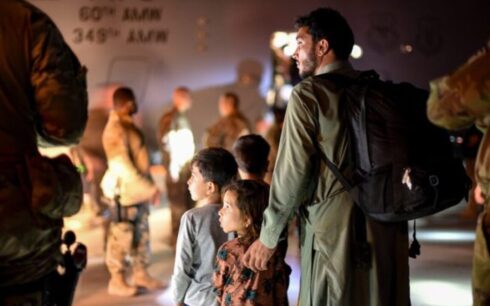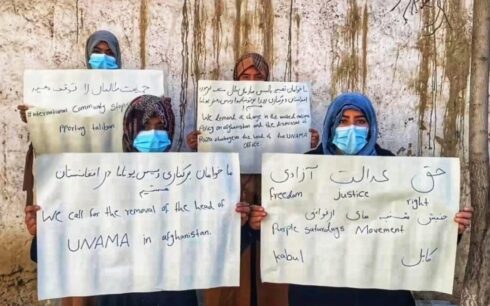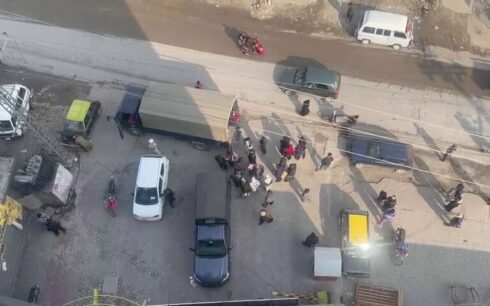The head of the United Nations Assistance Mission in Afghanistan (UNAMA), Roza Otunbayeva, warned that Afghan women and girls are facing near-total exclusion from public life, with restrictions worsening under the Taliban’s rule.
Speaking at a U.N. Security Council meeting on Afghanistan, she highlighted that nearly 1,200 days have passed since girls were last allowed access to formal education beyond the sixth grade.
“The Taliban continue to resolutely pursue their vision of an Islamic system and their interpretation of Afghan culture, characterized by unprecedented restrictions on women and girls,” Otunbayeva said.
Dire implications of medical education ban
Otunbayeva condemned the Taliban’s recent ban on women attending medical institutions, calling it a devastating blow to Afghanistan’s healthcare system. “If fully implemented, this will have deadly implications for women and girls in particular, but also for men, boys, entire communities, and the country as a whole,” she said.
She urged the Taliban to reconsider the ban, stressing that it denies Afghans access to a functioning healthcare system.
Otunbayeva also noted that restrictions on women working for NGOs and the United Nations have severely hampered aid efforts. “Stricter segregation of women in business activities has further constrained their livelihoods and mental health, with serious consequences for their families, particularly children,” she added.
Broader concerns raised
Participants at the Security Council meeting voiced additional concerns about Afghanistan’s security and human rights situation:
U.S. Envoy Linda Thomas-Greenfield denounced the Taliban’s policies, calling the medical education ban “unacceptable and sick.” She emphasized that such restrictions disrupt humanitarian aid efforts and reiterated the importance of women’s inclusion in international processes like the Doha meetings.
Russian Envoy Vasily Alekseyevich Nebenzya criticized the Taliban’s insufficient efforts to counter terrorism. He warned that ISIS fighters are expanding their presence in Afghanistan, escalating tensions, and recruiting foreign fighters. “The threat is growing, and it requires urgent attention,” he said.
Chinese Representative echoed concerns about the global security risks posed by terrorist groups in Afghanistan and urged the international community to adopt a unified approach to combating terrorism.
South Korean Envoy expressed alarm over the Taliban’s ban on women’s medical education, emphasizing that it exacerbates Afghanistan’s existing healthcare crisis.
Civil society calls for inclusion
Roya Mahboob, founder of Afghanistan’s robotics team, criticized the international community for engaging with the Taliban without including women or civil society representatives.
“I urge you to consider the message you send when you meet with the Taliban in Doha without women and civil society present. You enable them; you enable gender apartheid,” Mahboob said.
She stressed that women’s rights are integral to human rights. “Without them, there can be neither peace nor security,” she said.
Otunbayeva concluded by emphasizing the need for Afghanistan’s reintegration into the international community while upholding its international obligations. She called on the global community to ensure that Afghan women and girls are no longer excluded from public life, education, and economic participation.





